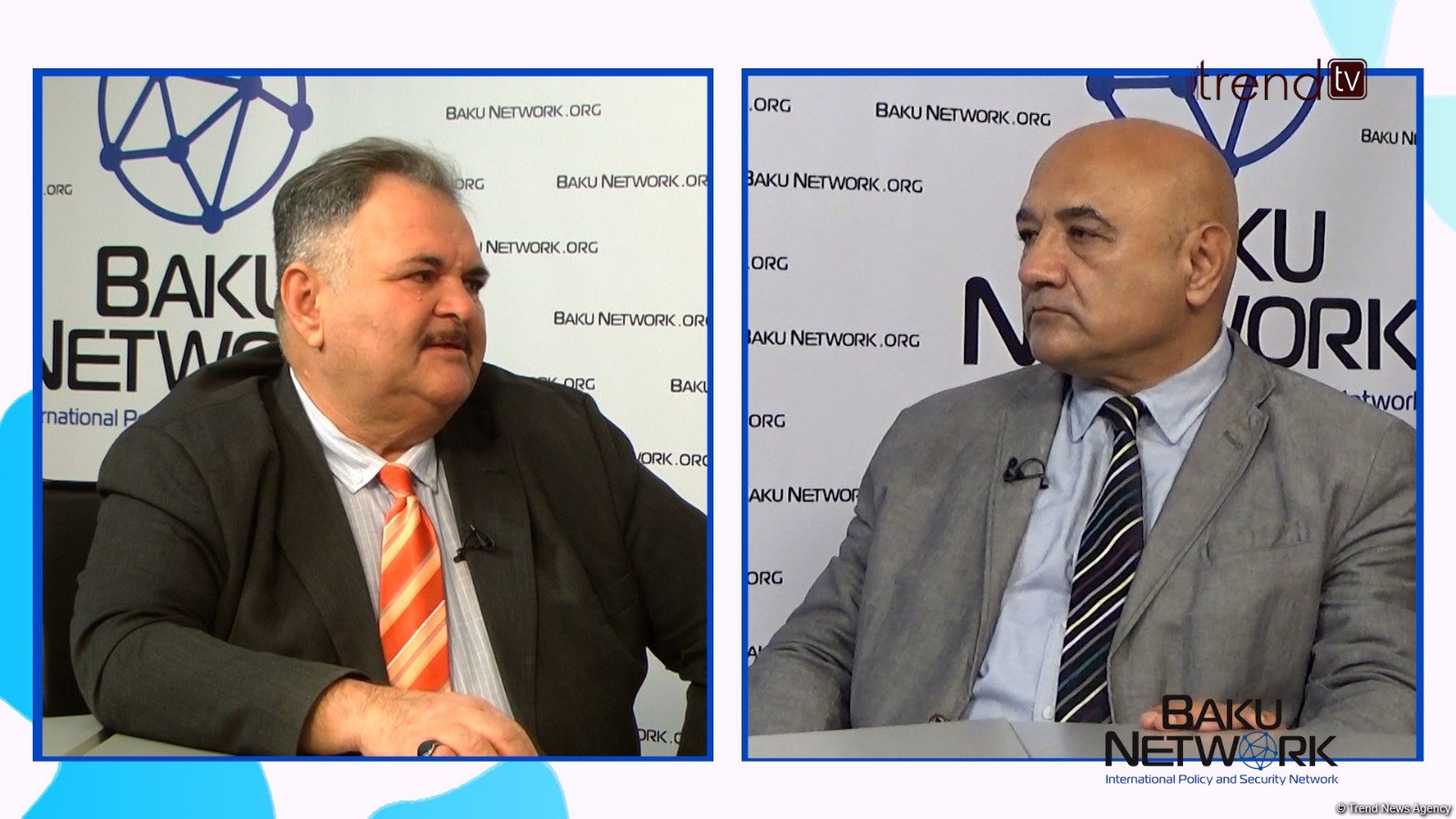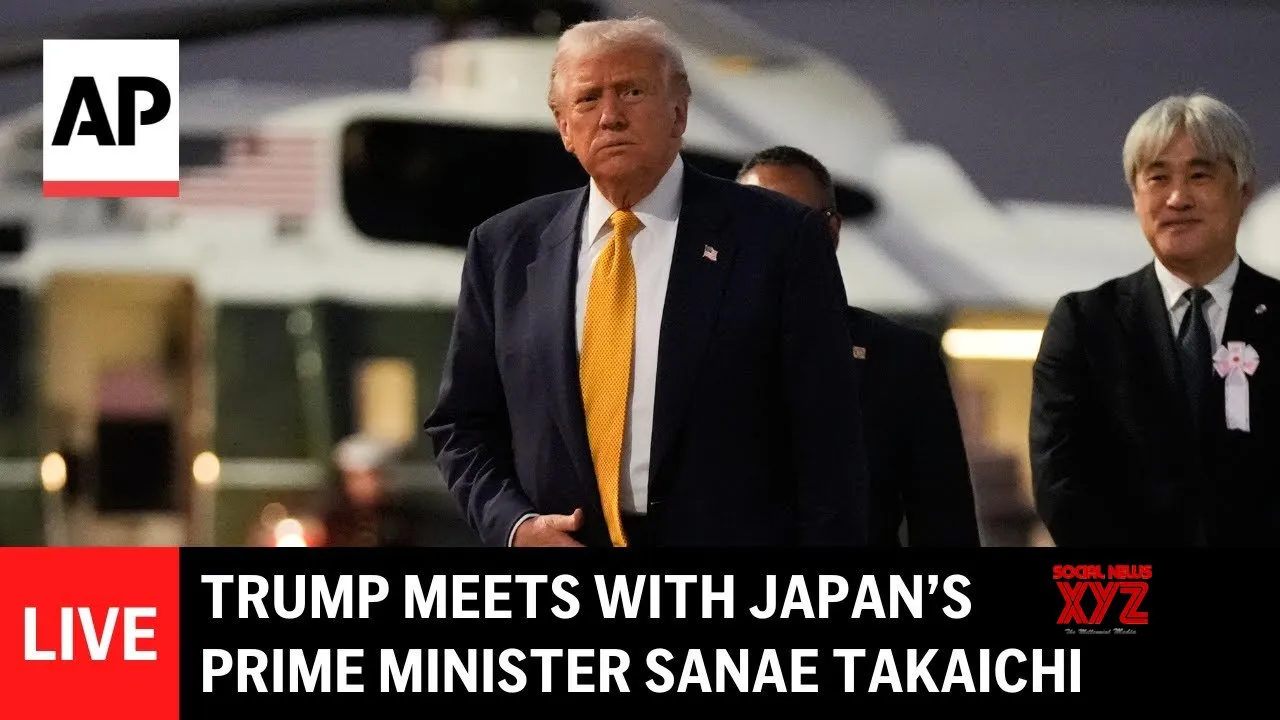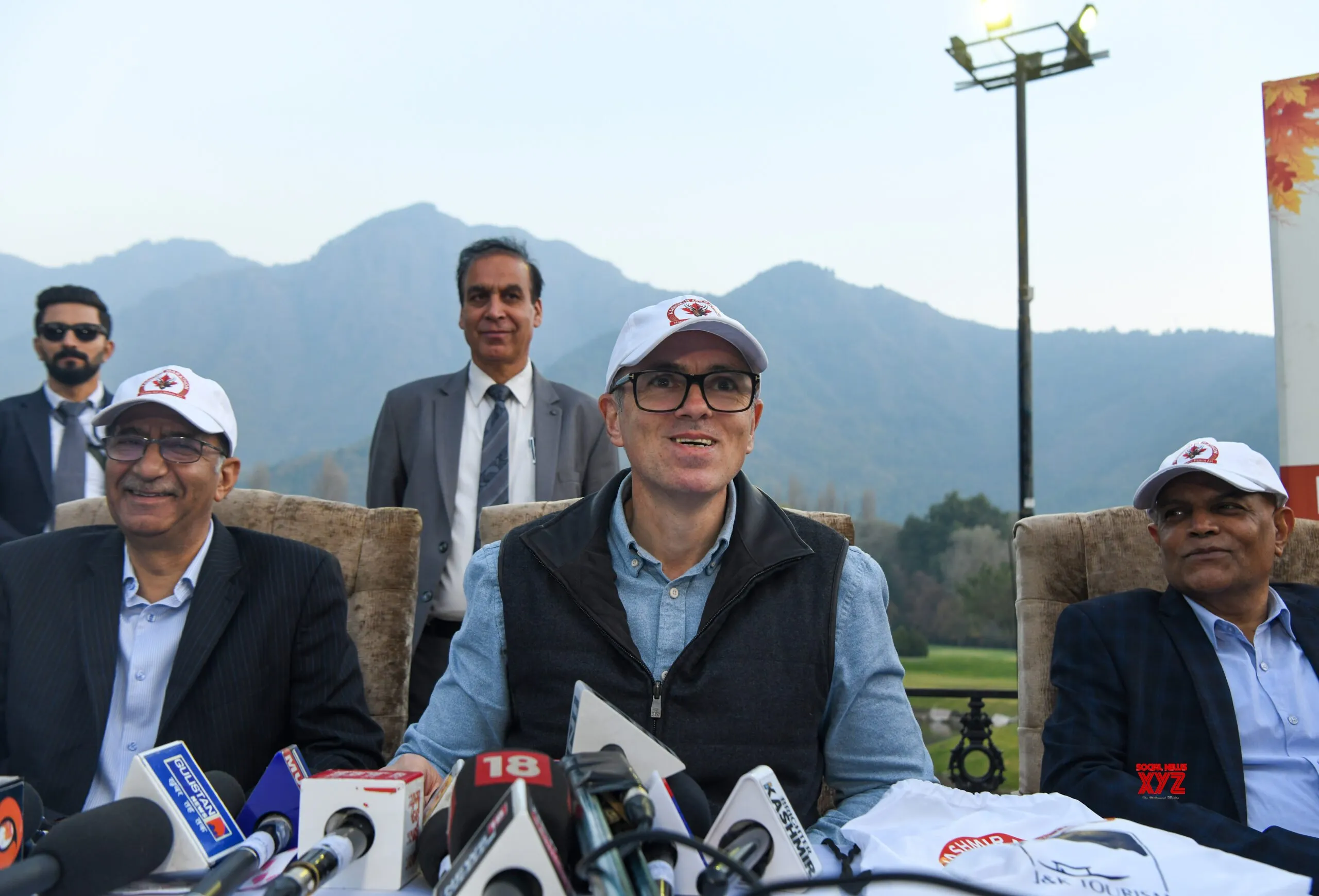Copyright qna

Doha, October 27 (QNA) - The Doha International Center for Interfaith Dialogue (DICID) participated virtuallyآ in the Beirut International Conference on Intercultural and Interfaithآ Dialogue for Sustainability (BICIDS 2025). The Center's participation came at the invitation of the Holy Spirit University of Kaslik (USEK), as part of its ongoing commitment to promoting a culture of dialogue and strengthening the State of Qatar's role in supporting efforts aimed at establishing a culture of peace and fostering intellectual and spiritual security awareness. In his keynote speech, HE Chairman of DICID's Board of Directors Dr. Ibrahim bin Saleh Al Naimi emphasized the importance of interfaith dialogue in peacebuilding and sustainability. He highlighted its pivotal role in breaking down psychological barriers that restrict the will and choices of others, and in establishing solid foundations of communication and dialogue that build bridges of trust. His Excellency also underlined the major role and responsibility of religious leaders and institutions, as they are the key actors in promoting a culture of dialogue and encouraging coexistence especially in multicultural and multi-faith societies. He noted that this can only be achieved through the activation of religious and moral values agreed upon by divine laws, in order to foster coexistence and good relations among people built upon security, justice, and fairness thereby laying the foundation for a deeper and more inclusive human culture based on accepting diversity, and believing in dialogue and cooperation among people. Regarding the importance of interfaith dialogue in peacebuilding, Dr. Al Naimi said that it is one of the most essential foundations for building peace, especially under the difficult and tragic circumstances the world has gone through and continues to face most notably the conflicts and wars, the most prominent of which was the war on Gaza and its subsequent catastrophic humanitarian consequences. In another interactive discussion with Dean of the Faculty of Arts and Sciences at USEK and chair of the opening session Fr. Farid El Moujabber, Dr. Al Naimi responded to questions about practical mechanisms to activate interfaith dialogue as a basis for peacebuilding and achieving sustainable development goals. He stressed the need to recognize religious diversity as a source of richness, not a threat, explaining that diversity enriches interfaith dialogue and deepens mutual understanding. In this context, he referred to a symposium the Center organized in Beirut in 2009 in cooperation with the Syriac Church on religious, ethnic, and sectarian diversity in the arab world. He noted that the most important mechanisms to activate interfaith dialogue is to focus on shared human values rather than differences, by emphasizing common values, as well as developing permanent frameworks for both individual and institutional interfaith dialogue so that it is not limited to temporary events. He also highlighted the importance of measuring the impact of interfaith dialogue activities to ensure continuity, improvement, and the development of forward-looking visions. Regarding the role of interfaith dialogue in achieving sustainability, Dr. Al Naimi explained that its importance is growing in the social and economic aspects that affect people's lives, including its contribution to environmental sustainability, noting that religion establishes principles that focus on protecting the environment and living beings, promoting moderation and the responsible use of resources, as well as upholding religious values that affirm the universe as a divine manifestation and gift that must be preserved and protected from anything that alters or corrupts its nature. HE stressed that social sustainability and achieving cohesion and solidarity among communities and the enhancement of their growth and prosperity, as well as economic sustainability, through combating poverty, promoting justice, supporting education and health programs, and ensuring equity are all goals endorsed and called for by all religions. Religion, he said, is perhaps the greatest spiritual and intellectual force that guides people toward commitment to these values. Dr. Al Naimi called for adherence to the shared religious and moral values among religions, especially in today's world, noting that common values such as justice, compassion, and peace provide an indispensable foundation for addressing the complex challenges of the modern world challenges that go beyond political conflicts and wars, extending to poverty, injustice, and environmental degradation, among many others.In conclusion, His Excellency emphasized the DICID's constant commitment to active participation in Arab and international forums that reflect the State of Qatar's ongoing efforts to encourage dialogue and promote a culture of coexistence among cultures and religions. He stressed that such participation offers valuable opportunities to build bridges of cooperation among universities, DICID, religious leaders, heads of dialogue centers, experts, specialists, and researchers in interfaith dialogue across the world. (QNA)



